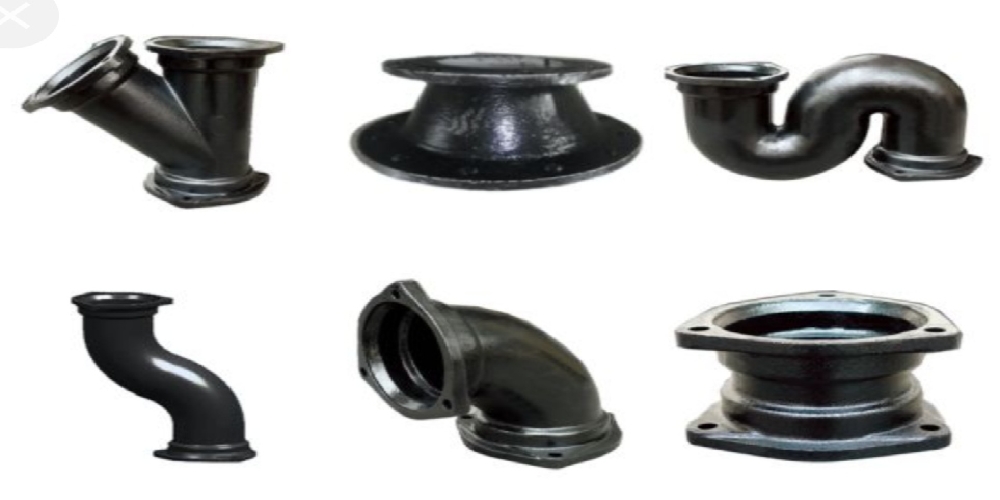If you have a black iron pipe or fitting, you know it’s one of the most versatile materials in the construction industry. Contractors are constantly investing in wholesale black iron pipe and fittings to give clients the best plumbing option for their buildings. From water pipes to drainage pipes, black iron is the go-to material for many industries. Unfortunately, if left unchecked, it can begin to corrode over time.
This can lead to leaks that can be costly and disruptive. But with proper care and maintenance, you can keep your black iron pipes and fittings in tip-top shape—and keep them looking like new!
How to Clean Black Iron Pipe
Cleaning black iron pipe and fittings is easy, but it’s also important to do it right.
Remove debris material
Always inspect the pipes and fittings before you begin cleaning, as they may be dirty.
When cleaning black iron pipes, you’ll want to start by removing as much debris as possible with a wire brush or pole sander. When removing debris from the inside of the pipe, try not to touch anything metal with your bare hands; this will cause additional damage to your pipes’ internal components.
Remove rust
If there’s rust on the pipe, scrape it off with a knife before cleaning it with water. If there’s still dirt in between the rust particles, use a wire brush to remove them as well. Rust isn’t good for you, pipes, and the fittings. You may need to take your time to ensure all rust on the pipe is removed.
After cleaning both sides of your pipe thoroughly using an abrasive pad or other tools, cover both ends with masking tape before starting any scrubbing process. Don’t use mineral oil or other petroleum products for this first step because these products may damage other parts of your pipe if left on too long.
Don’t use soap or detergent
Cleaning with water alone will keep the pipe from rusting, and clean water is all that you need. Rinse the pipe using a garden hose or a pressure washer with a high-pressure nozzle.
Using soap or detergent can cause a reaction that could react with the pipe material. Since these pipes would probably carry water, there’s no need to add soap since it may be difficult to totally wash away.
Avoid ammonia and bleach solutions
Avoid using bleach or ammonia when cleaning pipes because they can damage the metal and may cause other problems down the road. Just like with soap, there’s no need to introduce these chemicals to the surface of a black iron pipe. The last thing you want to deal with in the near future is leaks and repairs.
Keep your hands clean
Wash your hands before and after cleaning any pipes. Once you’re finished, wash your hands again with warm water.
Conclusion
Pipe corrosion is a big problem in the construction industry, as it can lead to leaks and costly repairs. Luckily, there are ways to prevent pipe corrosion, and one of the best ways is to regularly clean your black iron pipes. By following the tips above, you can keep your pipes looking new and avoid any future problems.
